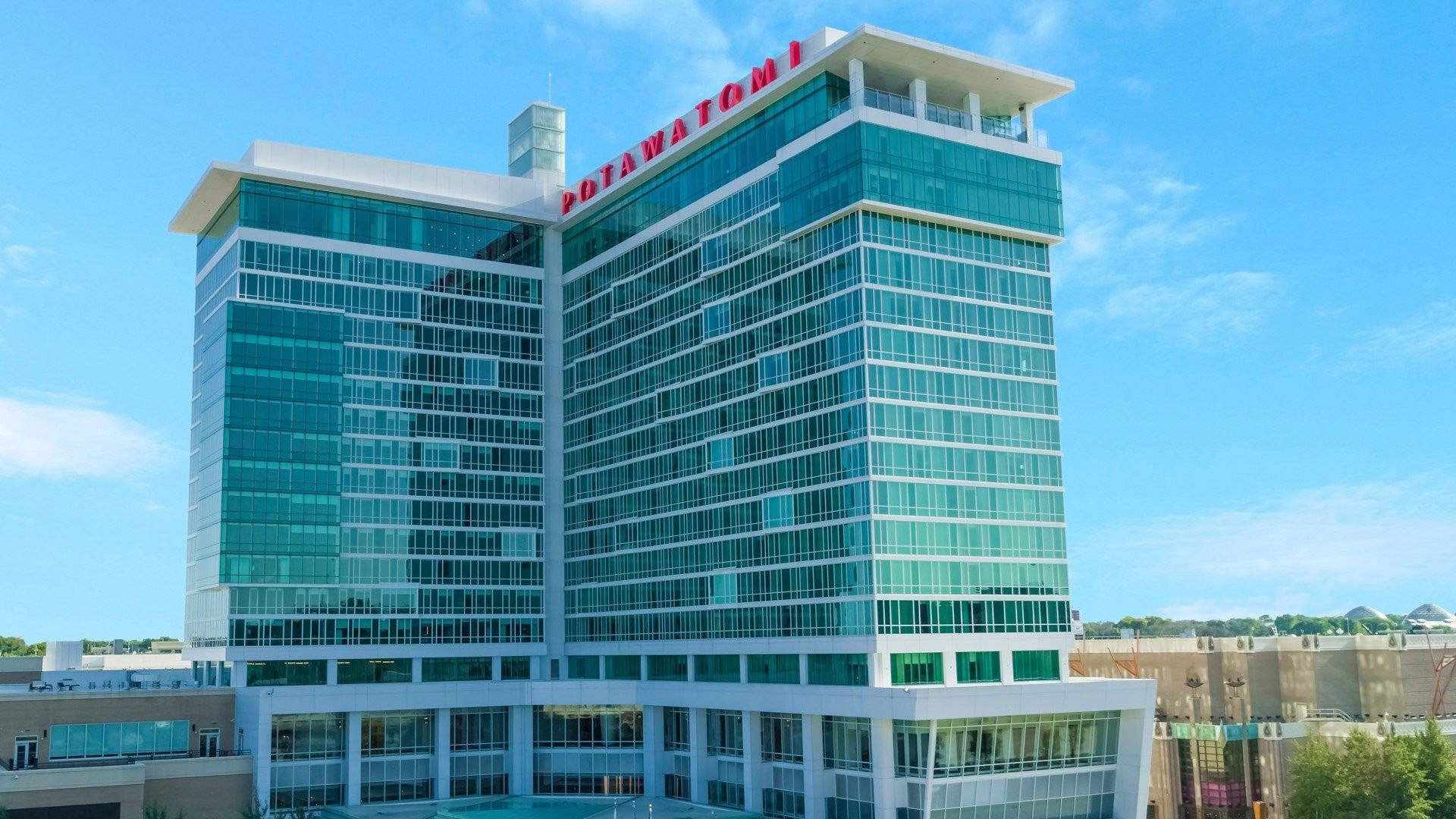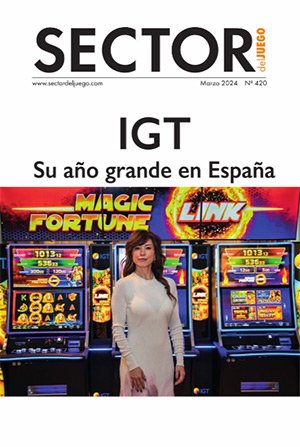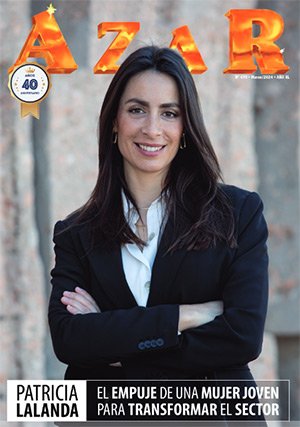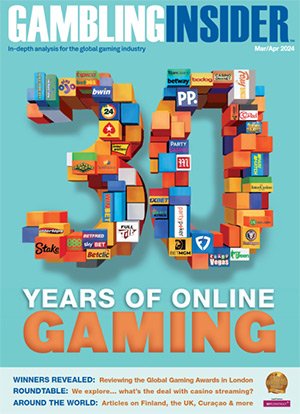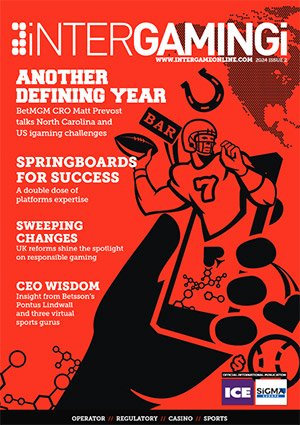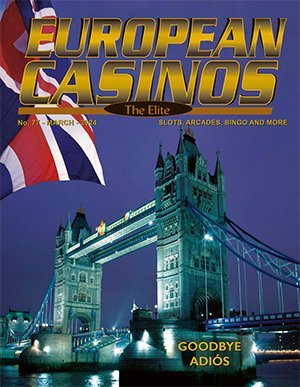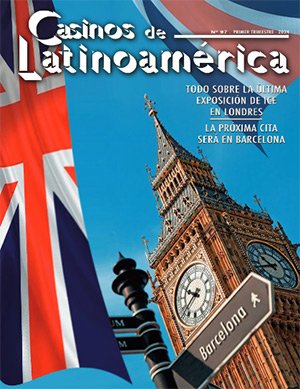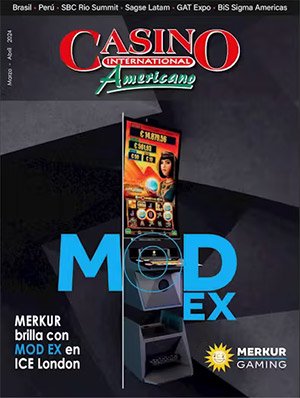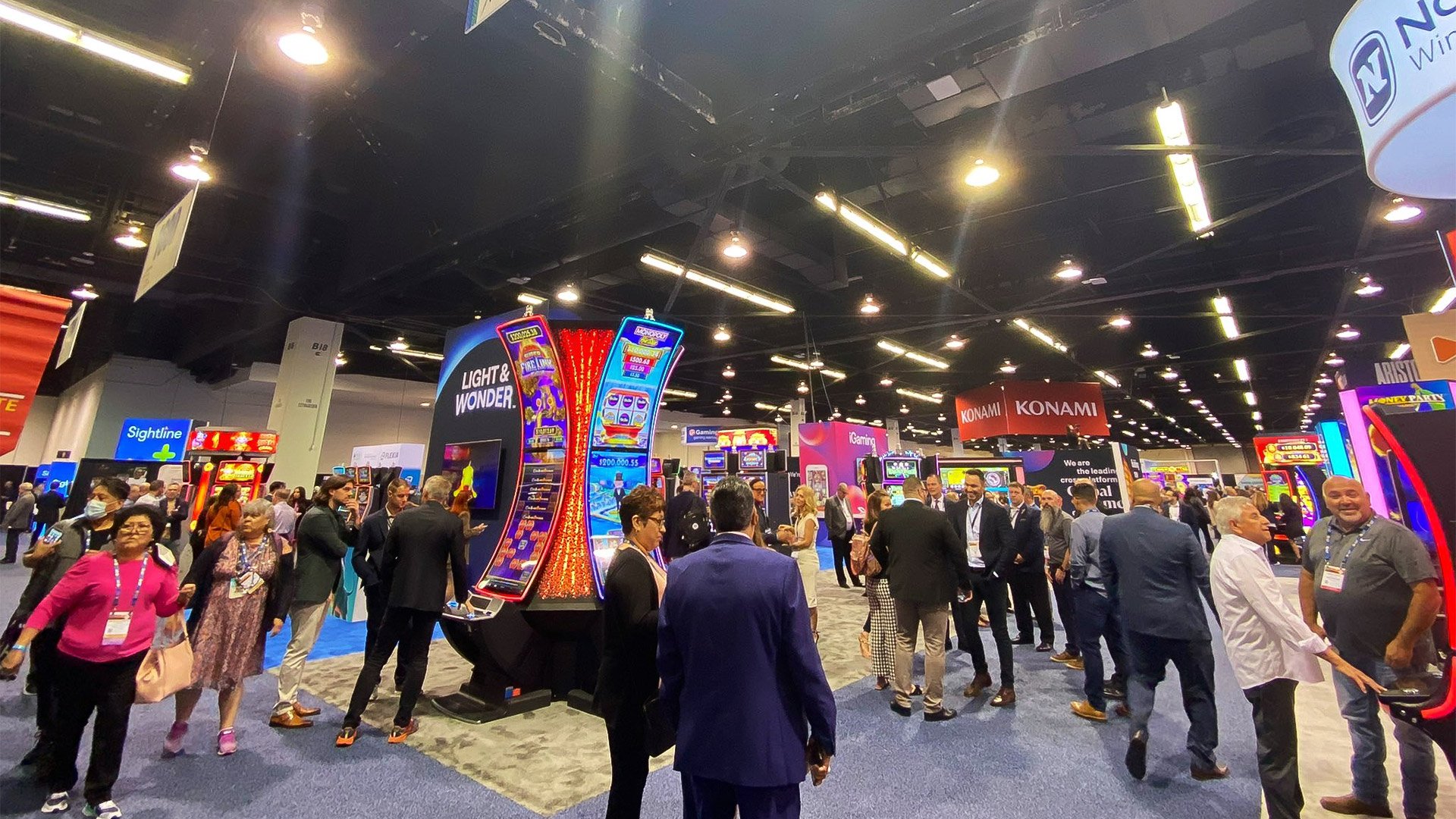Philippines: elevated casino fees to discourage gambling

Due to the high-income potential of the gambling industry in the nation, Philippines' tax research arm issued a paper titled Proposed Imposition of Casino Entrance Fee examining the feasibility of imposing an entrance fee in casinos. In accordance with the study, it would help raise revenue for the government and regulate entrance thereto.
The paper said that in the 17th Congress, there are two bills filed in the House of Representatives proposing the imposition of entrance fee for residents of the Philippines who patronize casinos.
It highlighted, however, that under Executive Order (EO) No. 48, the Philippine Amusement and Gaming Corp. (Pagcor) may collect a qualifying fee in the form of coupons to be issued to players entering casinos in the country.
The order shows the amount of the qualifying fee as determined by the Department of Finance (DOF) shall not be less than P100 per player.
“Albeit EO 48 requirement of the collection of qualifying fee from casino players, it was gathered that said fee may be waived as is being done in Waterfront Airport Hotel and Casino Mactan as well as those located in Entertainment City.
In fact, under Regulation 15 of the Casino Regulatory Manual for Entertainment City, Clark, and Fiesta Casino licensees, there is no amount of qualifying fee indicated,” the paper said.
“It is likewise noted that as presently worded under EO 48 the collection of the qualifying fee may be viewed as optional,” it added.
The collection has been declining from P20.2 million in 2005 to a range of P8 million to P10.6 million in the succeeding years, the report said. In 2016, total collection reached P14.44 million.
The report said that in view of EO 48, there is no need for a bill that would mandate PAGCOR to collect a casino entrance fee.
“Perhaps what can be done is to make the collection of qualifying fee compulsory for players in all casinos operating in the Philippines whether PAGCOR-operated casinos or licensed casinos,” the study said.
The NTRC also said that the amount may also be increased since it has not been adjusted for more than two decades now.
“If indexed to inflation, the amount would be around P320 but may be rounded off to P500 or to as high as P1,500, similar to what Quezon City is proposing,” it added.
Last October, the Quezon City Council passed the Quezon City Responsible Gaming Ordinance on second reading subject to third and final reading before its approval.
Under the proposed ordinance, a P500 entrance fee shall be collected on any individual who enters an electronic bingo establishment in Quezon City. Further, every individual who enters a casino located in Quezon City is obliged to pay a P1,500.00 entrance fee.
The rates proposed by the bills in Congress, which ranges from P3,000 to P3,500, may also be an option but the report said that the amounts may already be considered too high by casino players.
“Based on the 5.56 million annual average number of local entrants of licensed casinos and Pagcor-operated table games and slot machines from 2014-2016, the mandatory imposition of the qualifying fee of P100 in all casinos would generate P556 million revenue for the government,” the report said.
“A qualifying fee of P500 may discourage local people from entering casinos, particularly low-income earners, hence, the number of local entrants would be reduced. Assuming a 50 percent reduction in the number of entrants, the estimated revenue would P1.39 billion,” it added.
Aligning it to Quezon City’s proposed rate at P1,500 could greatly discourage local people from playing in the casino since even without gambling yet, they could already lose P1,500, the paper said
“Assuming an 80 percent reduction in the number of local entrants, the revenue that would be generated would amount to P1.67 billion,” it said.
“On the other hand, the proposal under the two bills to impose P3,000 or P3,500 is seen to be too high and will effectively restrict entrance to casinos of residents except for those who have extra money to spend,” it added.
Notwithstanding its contribution to the country’s economic growth and potential to generate government revenue, the report said gambling also has its attendant social costs which must be managed carefully.
“The collection of higher qualifying fee in all casinos could be a practical way to discourage those who do not have enough money to spend in casinos,” it said.











